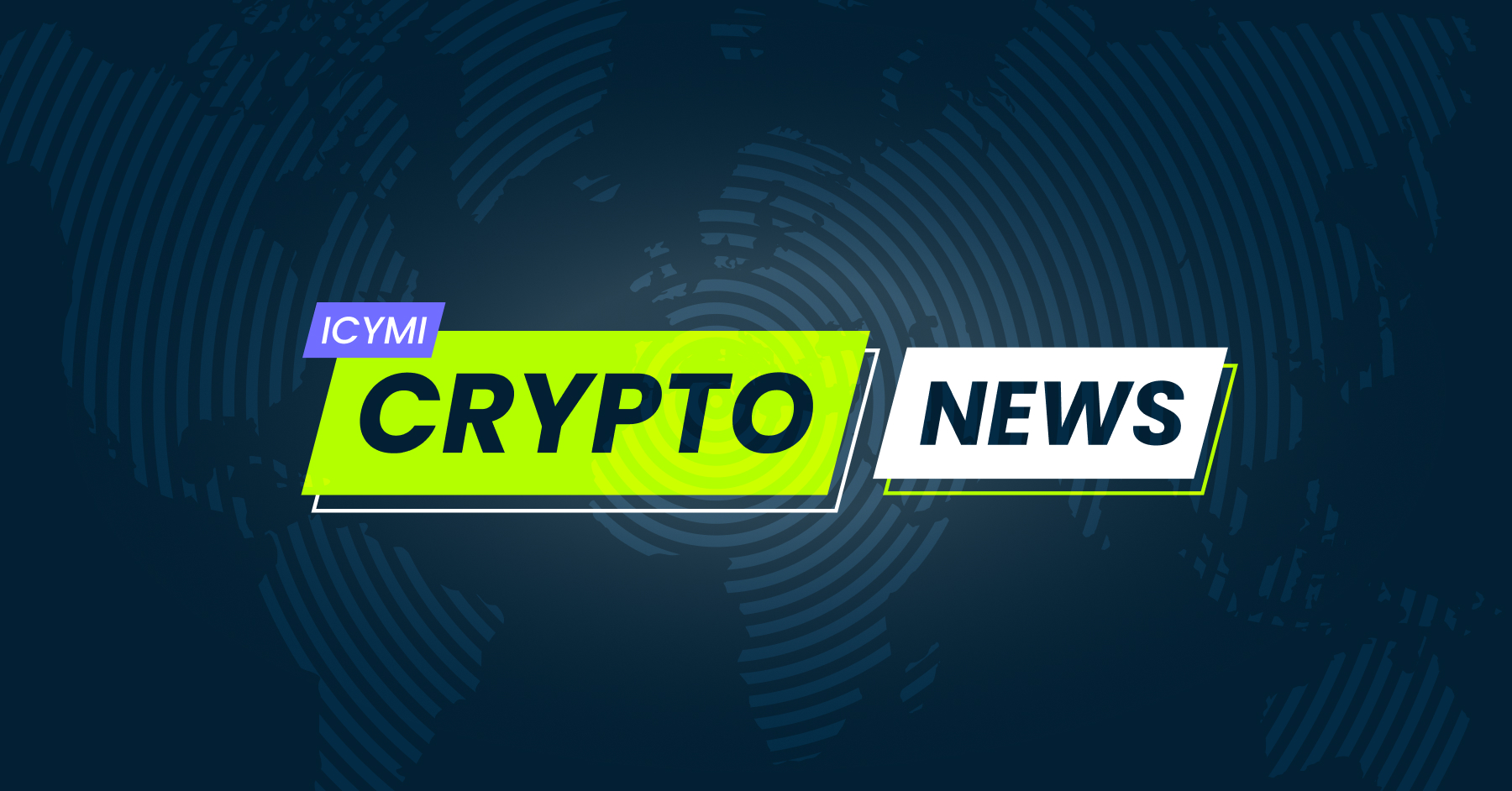Damaging copyright News: What's Occurring in the Digital Currency Globe
Damaging copyright News: What's Occurring in the Digital Currency Globe
Blog Article
Discovering the Influence of Regulatory Adjustments and Technological Developments on Today's Digital Currencies Headlines
The crossway of regulative modifications and technological developments is basically modifying the landscape of electronic currencies, motivating a re-evaluation of their role in the worldwide economic situation. Governing bodies, such as the SEC and CFTC, are actively affecting just how electronic properties are classified, while new modern technologies are enhancing purchase performances and safety procedures. This double evolution increases crucial concerns concerning the implications for market dynamics and investor confidence. As we explore these growths, the question remains: how will these elements shape the future trajectory of digital money in an increasingly interconnected world?
Current Regulatory Landscape
Following quick developments in digital money, the existing regulatory landscape is evolving to deal with the complexities and challenges presented by these developments. Governments and regulatory bodies worldwide are grappling with just how to effectively manage this burgeoning market, which usually transcends nationwide boundaries.
Secret regulatory techniques consist of the facility of frameworks that define digital currencies, ensuring customer defense and preventing illicit activities such as cash laundering and scams. In the USA, companies like the Securities and Exchange Commission (SEC) and the Asset Futures Trading Payment (CFTC) are actively taking part in conversations to clear up the classification of numerous electronic properties and their governing effects.
Likewise, the European Union is advancing its Markets in copyright-Assets (MiCA) regulation, which aims to create a natural governing atmosphere across participant states. Countries like China have actually decided for more stringent actions, consisting of straight-out bans on particular copyright tasks.
As this regulative landscape proceeds to create, it will be critical for stakeholders, including organizations and customers, to stay educated and adjust to the altering setting to minimize threats while taking advantage of possibilities within the electronic money sphere.
Key Technological Innovations
Many technological innovations are improving the landscape of digital money, substantially improving their functionality and protection. One of one of the most critical advancements is the development of blockchain technology, which provides a decentralized ledger that guarantees openness and immutability of deals. copyright news. This modern technology not just alleviates the threat of fraudulence yet likewise enables for real-time purchase verification, cultivating user depend on
Additionally, the introduction of smart agreements has changed how arrangements are performed within electronic currency communities. These self-executing agreements promote computerized deals, removing intermediaries and decreasing prices connected with standard contract enforcement. Advancements in cryptographic techniques improve the safety of electronic pocketbooks, protecting customers' possessions from prospective cyber dangers.
One more noteworthy technology is the combination of synthetic intelligence in transaction surveillance and fraudulence discovery, allowing platforms to determine questionable activities quickly. Additionally, the intro of Layer 2 scaling remedies, such as the Lightning Network, addresses scalability concerns, permitting faster and less expensive purchases on networks like Bitcoin.

Influence on Market Characteristics
Technological developments in digital money have not only improved see post capability and safety but have likewise significantly modified market characteristics. The introduction of blockchain modern technology has increased openness and decreased purchase prices, bring about better performance in trading and investment. This has urged a much more varied range of individuals, from retail capitalists to institutional players, to involve with electronic money, thus intensifying market liquidity.
Furthermore, the development of decentralized financing (DeFi) platforms has disrupted standard monetary systems, offering customers with different opportunities for loaning, loaning, and trading. This change has actually promoted an affordable environment where standard economic institutions are obliged to introduce or risk obsolescence (copyright news). With the increase of stablecoins, which supply rate stability in the middle of volatility, investors can currently perform purchases with decreased threat, further influencing market behavior
Furthermore, the integration of expert system and machine knowing in trading techniques enables much more advanced market analysis and predictive modeling. Consequently, capitalists are better outfitted to react to market variations, producing a much more vibrant trading environment. Jointly, these innovations are improving the landscape of digital currencies, leading to an extra interconnected, competitive, and effective market.

International Point Of Views on Guideline
Regulatory approaches to digital money vary considerably around the world, commonly reflecting differing economic top priorities, cultural mindsets towards innovation, and levels of technological adoption. In the United States, regulatory bodies such as the SEC and CFTC grapple with defining the legal condition of cryptocurrencies, concentrating on investor protection and market stability. At the same time, the European Union is progressing detailed governing structures like the marketplaces in copyright-Assets (MiCA) proposal, aiming to produce a unified technique that cultivates advancement while ensuring consumer security.
On the other hand, nations like China have actually embraced an outright restriction on cryptocurrencies, focusing on financial control and monetary stability over innovation. Alternatively, nations such as El Salvador have embraced Bitcoin as lawful tender, showcasing a strong commitment to monetary incorporation and financial modernization.
Developing nations frequently discover themselves browsing an intricate landscape, balancing the demand for policy with the possible benefits of electronic currencies in driving economic growth. Generally, the worldwide governing environment stays fragmented, with ongoing discussions and changes as federal governments seek to strike a balance between promoting development and mitigating dangers connected with digital currencies. This dynamic landscape emphasizes the demand for ongoing worldwide teamwork and dialogue amongst regulators.
Future Patterns in Digital Currencies
As governing frameworks progress, the landscape of electronic currencies is positioned for substantial improvement. Arising patterns show a click for info merging of regulatory clearness and technical development, which will certainly shape the future of electronic money. Central Financial Institution Digital Currencies (CBDCs) are prepared for to acquire traction as federal governments discover their potential to improve monetary policy efficiency and financial incorporation.
All at once, decentralized finance (DeFi) systems are expected to test traditional financial systems, providing ingenious monetary solutions that run without intermediaries. This shift might cause a re-evaluation of existing regulations to accommodate the unique characteristics of DeFi while making sure customer defense and systemic security.
Furthermore, the assimilation of linked here expert system and artificial intelligence in copyright trading and threat assessment will redefine investment approaches and market characteristics. As digital money become increasingly mainstream, problems such as cybersecurity hazards and governing compliance will certainly demand robust remedies.
Last but not least, public understanding and adoption will play a critical function in figuring out the trajectory of electronic money. Raised recognition and education pertaining to the advantages and risks connected with digital money will drive approval, ultimately affecting the regulative landscape and market developments in the years ahead.
Final Thought

Report this page